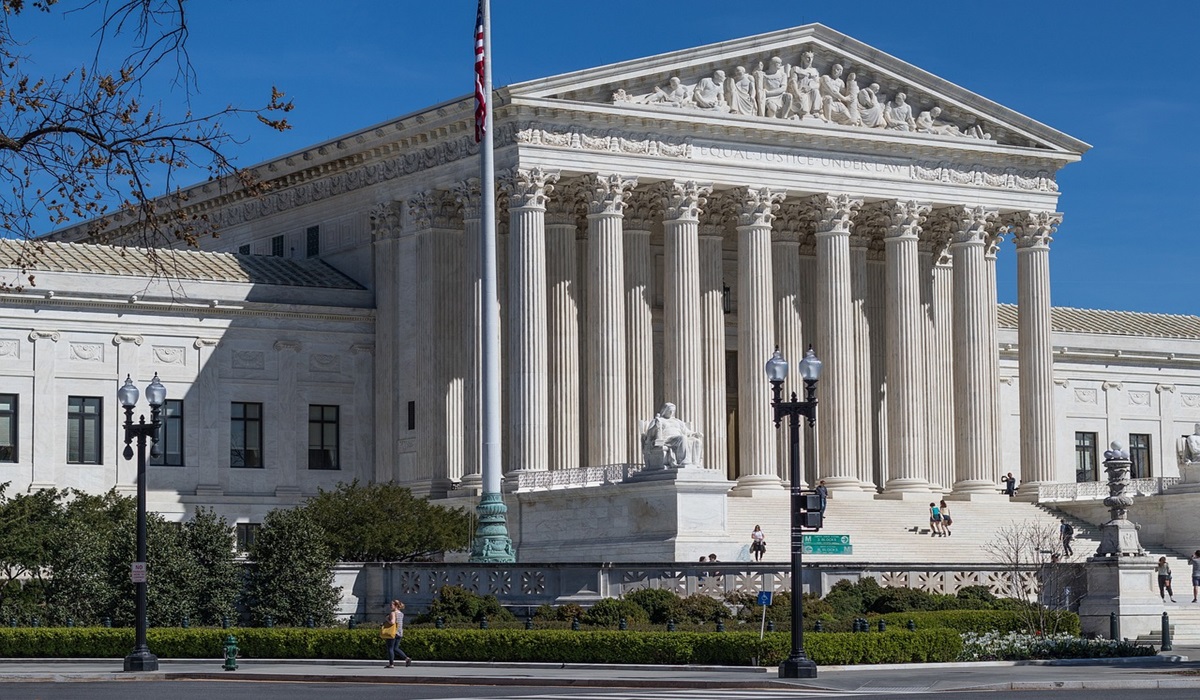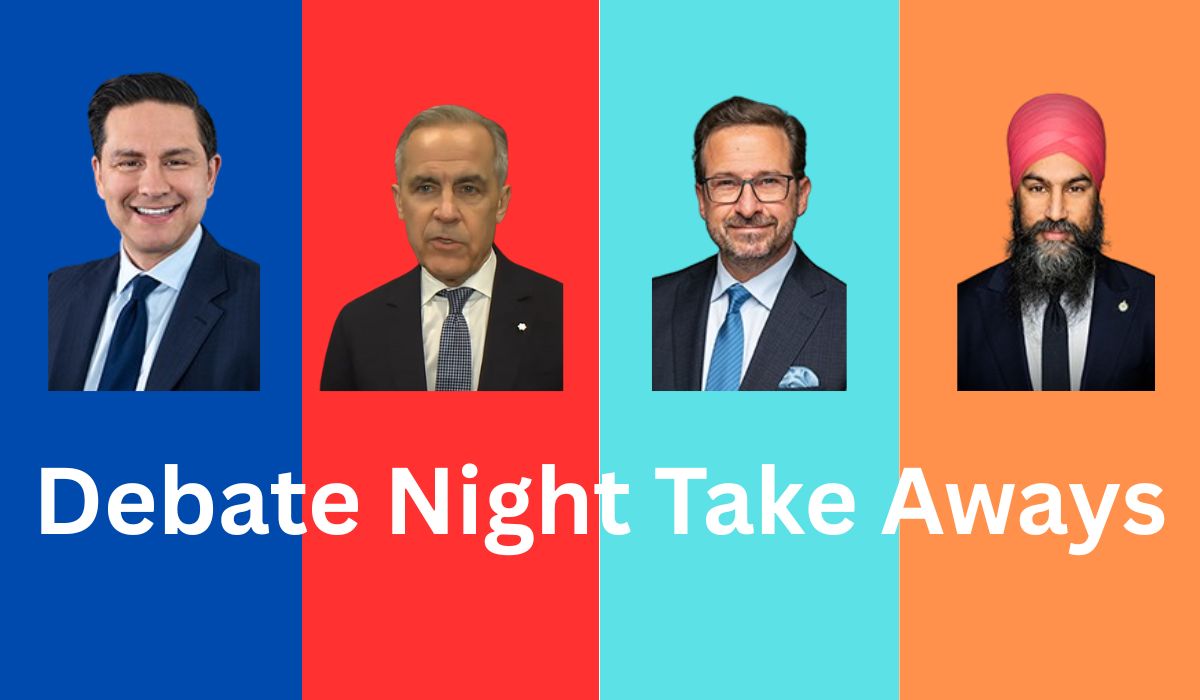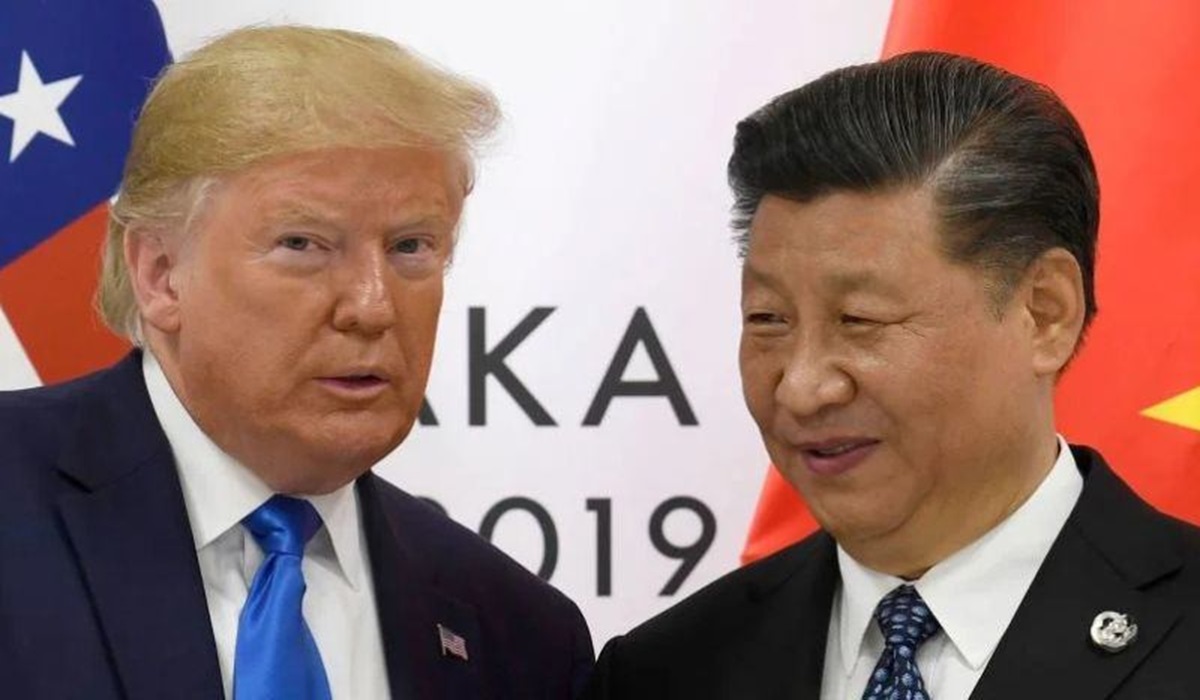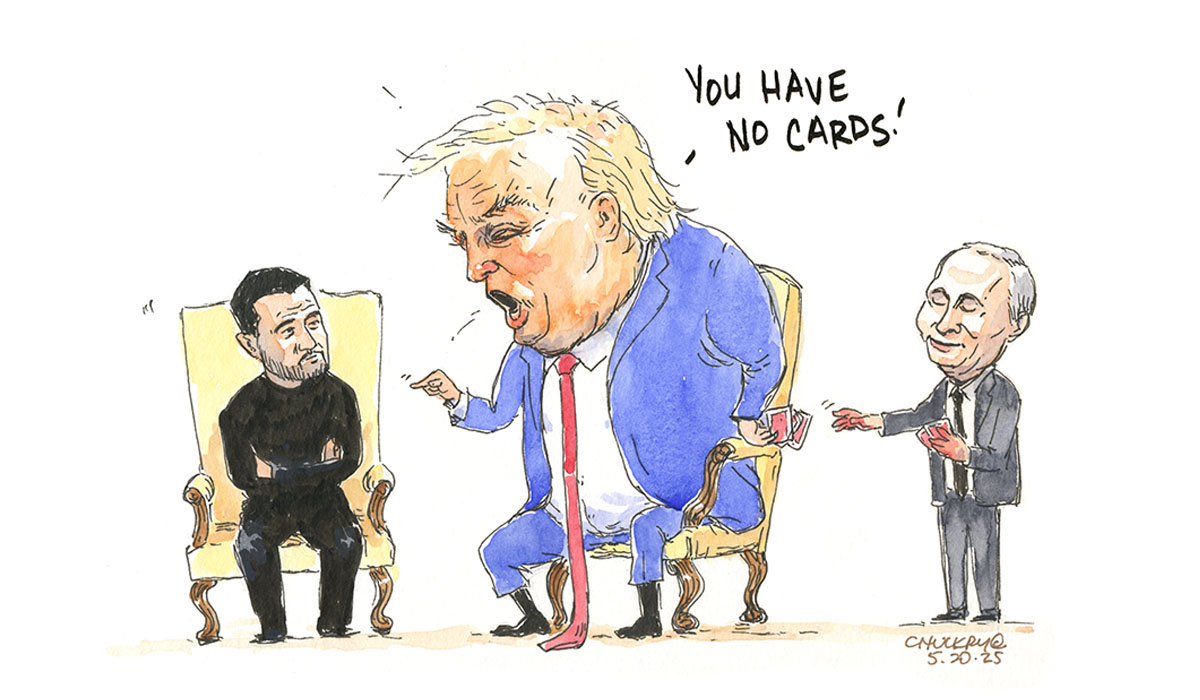Algeria Expels Twelve French Agents Amid Escalating Tensions With Paris
- Manuel Ostos
- Europe
- D.O.C Supplements - Trending News
- April 14, 2025
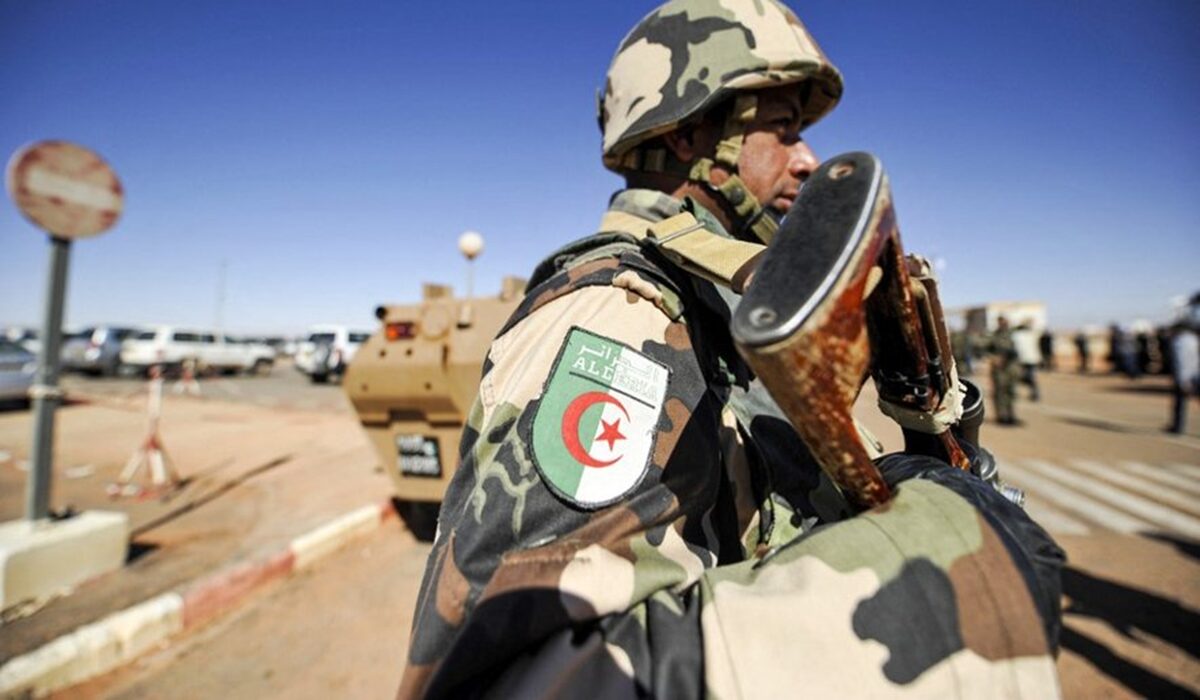
Relations between Algiers and Paris have entered a fresh period of tension, part of a longer pattern of political strain. The latest flashpoint came last week, when Algeria expelled twelve French nationals believed to be agents of France’s intelligence services.
Although this move follows French President Emmanuel Macron’s controversial visit to Morocco in October of last year, the two events appear to be unrelated. The expulsion of the French agents stands on its own, but it has prompted speculation about France’s response. Paris has reportedly considered retaliatory expulsions of Algerian operatives currently based in France.
Behind the scenes, diplomatic efforts are quietly underway to calm the waters between the two countries. In a curious twist, sources close to Moroccan interests recently claimed that the Algerian military would be participating for the first time in the joint military exercises known as “African Lion 25.” These exercises, co-organized annually by the United States and Morocco, are intended to demonstrate the strategic partnership between Rabat and Washington.
However, that claim was swiftly exposed as disinformation. Algeria, long at odds with Morocco, has never shown any interest in joining such maneuvers. The announcement was dismissed as a fabrication—one more example of regional manipulation designed to create confusion or embarrassment.
Tensions between Algeria and Morocco remain severe. The two nations have not maintained diplomatic relations for years. Their shared border remains closed, and both countries are locked in an arms race—Algeria sourcing advanced weaponry from Russia, while Morocco continues to procure cutting-edge military systems from the United States.
At the heart of the conflict lies the unresolved issue of Western Sahara, the former Spanish colony that Morocco has claimed as part of its territory. Rabat refers to the territory as its “southern provinces,” but this stance is in direct violation of international law and the United Nations Charter. The UN continues to support the Sahrawi people’s right to self-determination and has long proposed a referendum to settle the matter—an initiative that has been repeatedly stalled due to Morocco’s refusal to allow a legitimate vote.
In the broader picture, the role of French intelligence services cannot be ignored. France’s General Directorate for Internal Security (DGSI) is considered one of the most sophisticated spy networks in the world. The question remains: was this expulsion merely symbolic, or does it point to a deeper intelligence struggle in the region? Could DGSI be quietly active in shaping outcomes across North Africa?
With strategic rivalries deepening, arms races accelerating, and disinformation campaigns muddying the waters, the stakes are high. Whether this is a diplomatic standoff or something far more clandestine remains to be seen.

